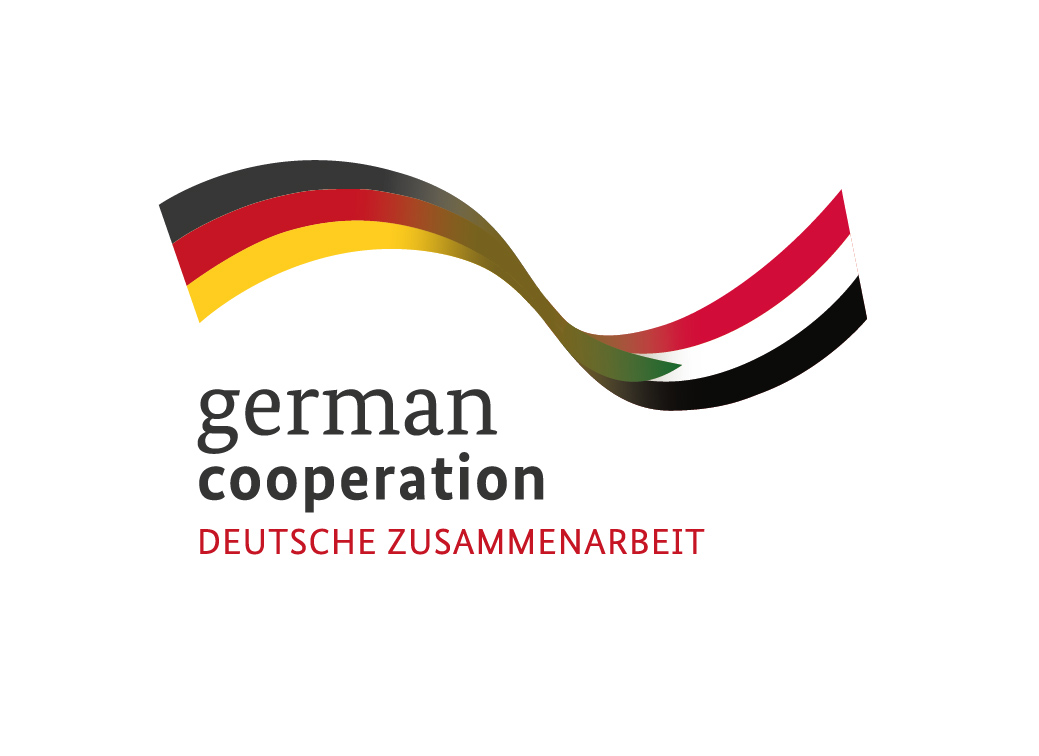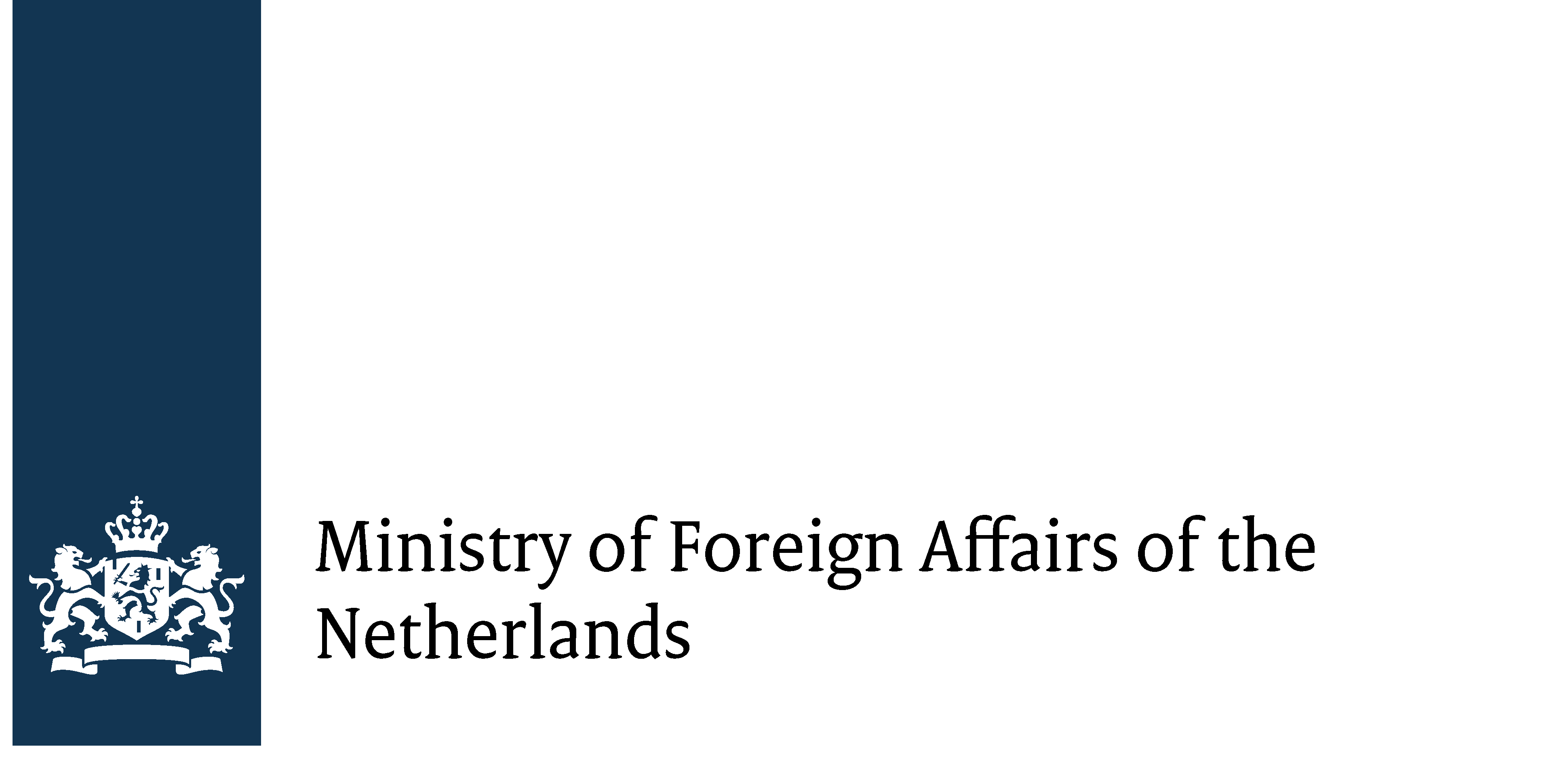2 – 7 March 2023, Kampala, Uganda
As part of our two-year “Capacity building for civil society and the justice sector in Sudan” project, the Wayamo Foundation has just completed two workshops and a strategic dialogue in Kampala, Uganda for Sudanese lawyers, civil society actors and journalists on the concepts of transitional justice and accountability for international crimes and how to apply these within the framework of the transitional justice process in Sudan. In addition to transitional justice topics, journalists received capacity-building training on conflict-sensitive journalism and digital safety practices. The workshops had a strong focus on regional precedents from the African continent to allow participants appreciate the transitional justice journey’s that other countries in the region have walked and to enable them draw lessons learned from these experiences. The activities were generously supported by the Dutch and Swiss Foreign Ministries.
The week started with a civil society dialogue on transitional justice. It was then followed by two parallel workshops, which allowed for the symbiotic use of a core group of experts who shared their expertise and engaged with the lawyers and journalists over the duration of the workshops.
Legal Workshop
Click here for the legal workshop pictures.
The invitees to the workshop were a cross-section of Sudanese independent lawyers. The proceedings were officially opened by Wayamo Director, Bettina Ambach, who in her opening remarks emphasised that dealing with the past and accountability for international crimes is of utmost importance. When states fail to address past serious violations of human rights, they can hardly move forward. Justice may also deter potential offenders from committing future crimes, and foremost, victims and survivors deserve justice. The Wayamo Foundation sees its role as helping to strengthen the domestic capacity of Sudanese actors as they participate in the transitional justice process of their country.
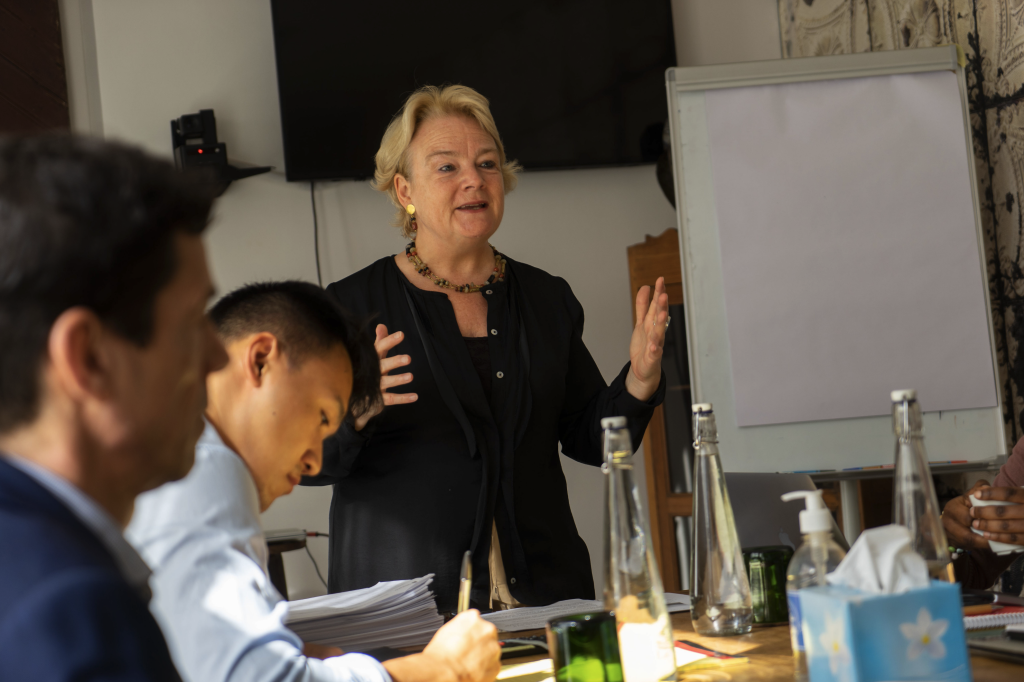
Over the course of the workshop, key issues were covered including the concepts of transitional justice and its application in Sudan, a discussion on jurisdictional, subject matter and resource limitations of the ICC, as well as international criminal investigations. In addition, a review of the domestic implementation of the international crimes framework in Sudan was discussed as well as the domestic application of International Criminal Law in Africa with case studies shared from Uganda and Nigeria. The sessions also included interactive group exercises. The participants engaged with experts including, the Assistant Director of Public Prosecutions and Head of the International Crimes Department in Uganda Lino Anguzu, former Attorney General of Ogun State (Nigeria), former investigator and trial lawyer at the ICC Akingbolahan Adeniran and the Wayamo legal team Mikel Delagrange, Abdalbasit Mohamed and Linda Bore. The foundation was also honoured to have the participation of Nicolas de Torrenté, Senior Adviser, Task Force Dealing with the Past and Prevention of Atrocities, Federal Department of Foreign Affairs, Switzerland.
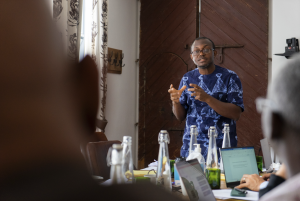
At the end of the workshop, evaluations were conducted with some of the following responses received for the legal workshop:
On the regional perspectives that were shared, one participant had this to say:
- It is possible to benefit from these experiences, taking into account the specificity of Sudan.
- The topics were interesting, and the information presented by the two lecturers was very important. There is no doubt that it opens up great horizons for thinking about the future of Sudan. The reality in Africa is very similar.
On the domestic implementation of international crimes framework in Sudan:
- Excellent. Legislation was put forward, shortcomings were discussed and practical steps for reforms were proposed..
On the topic of reparations:
- This was a very impressive lecture, valuable information and an excellent and interactive review.
And lastly some final words on what they had learned included:
- The options for choosing different accountability mechanisms at the national, regional and international level are wider than I imagined.
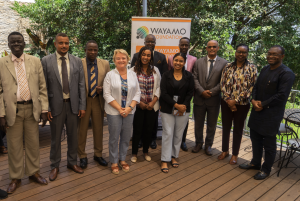
Media Workshop
Click here for the media workshop pictures.

